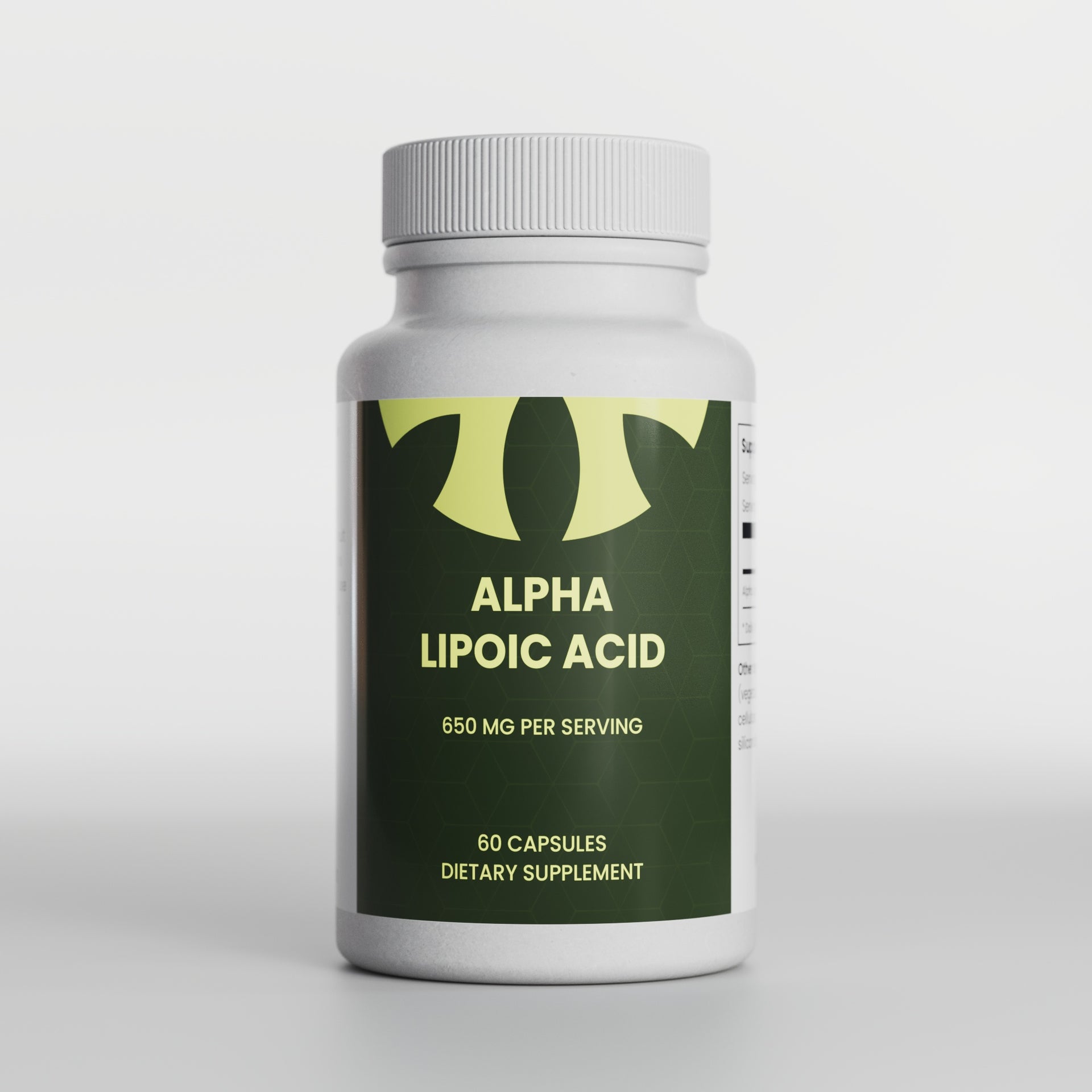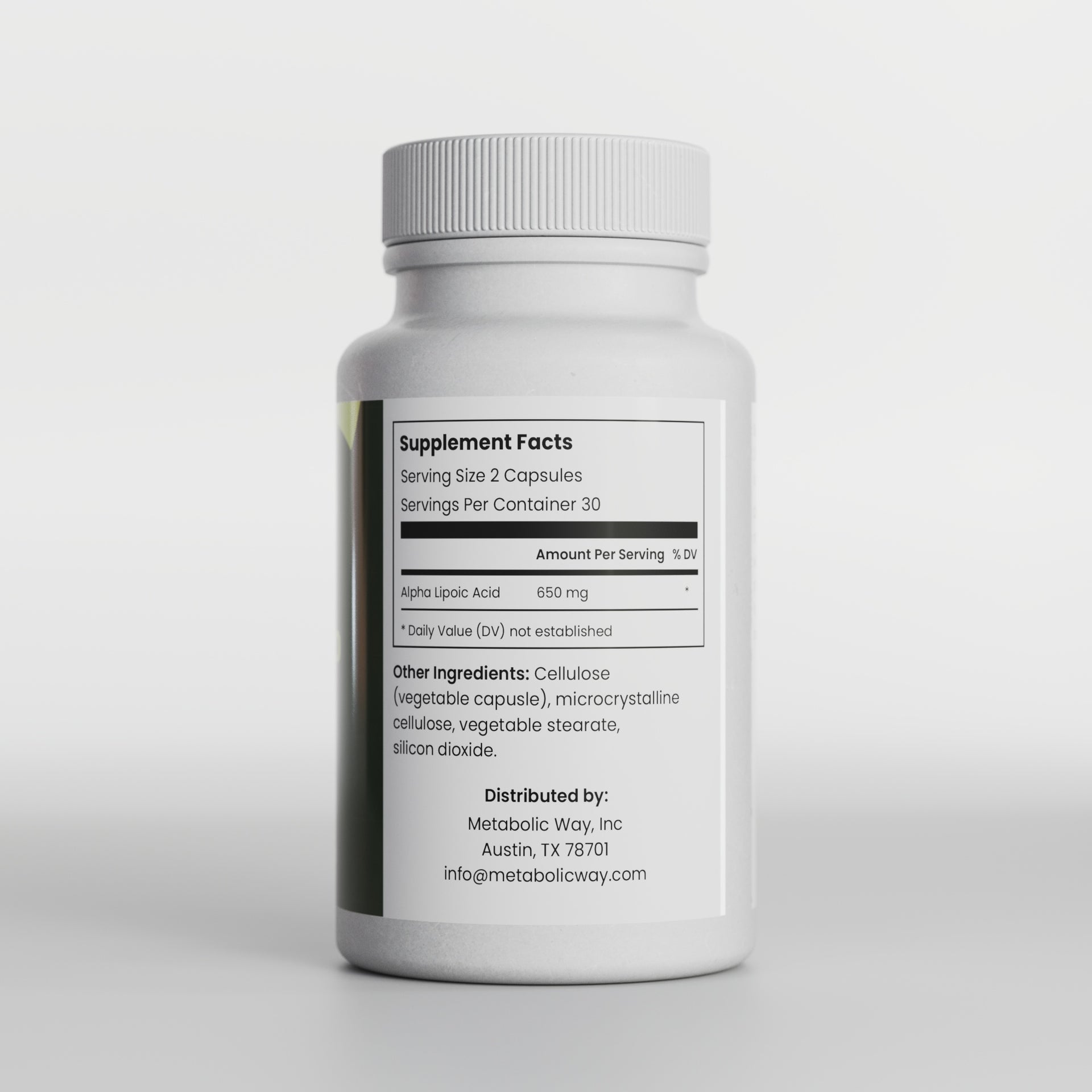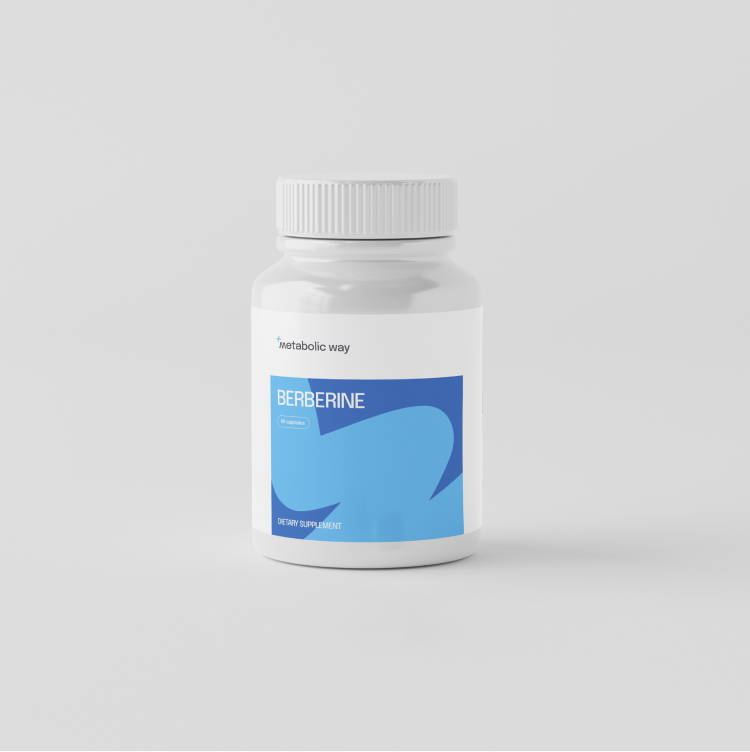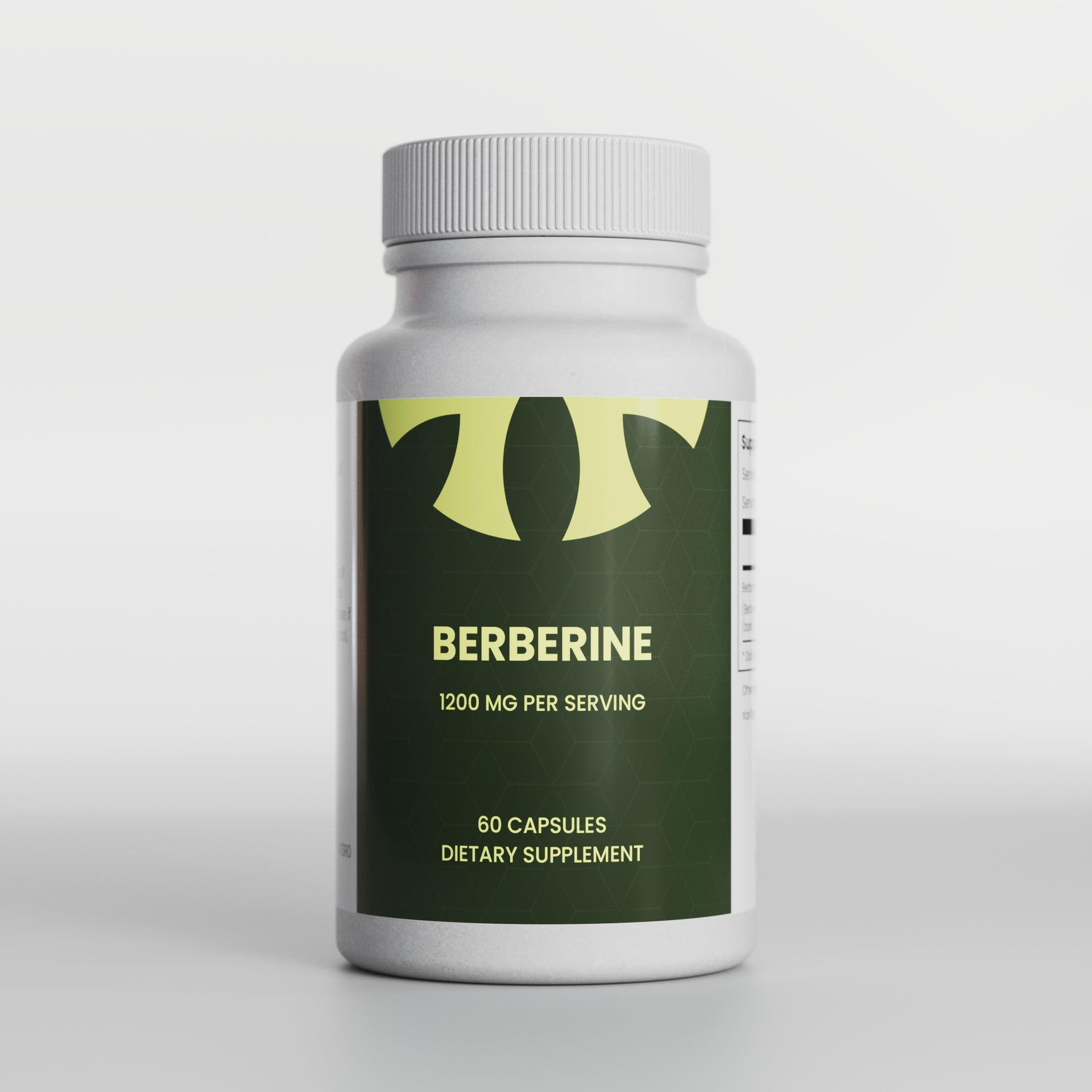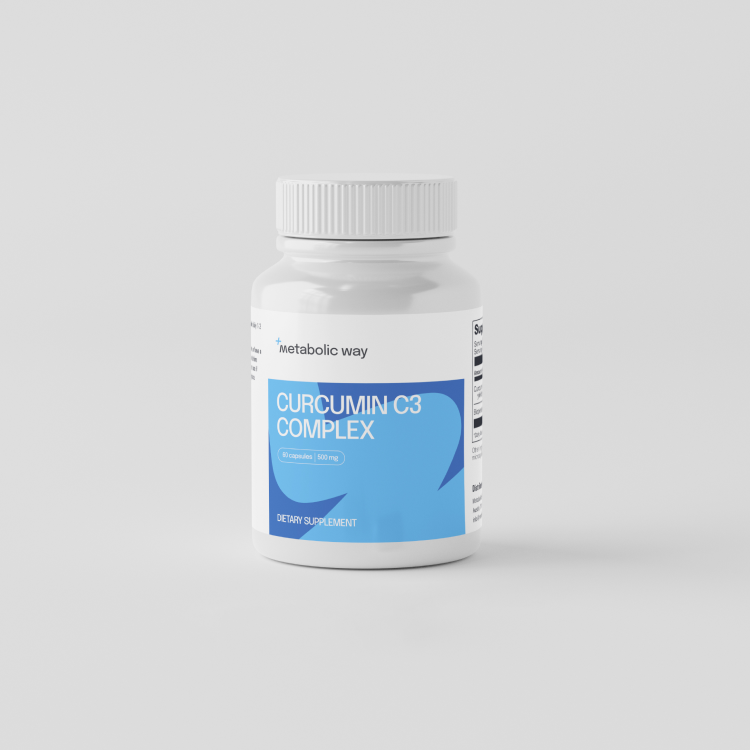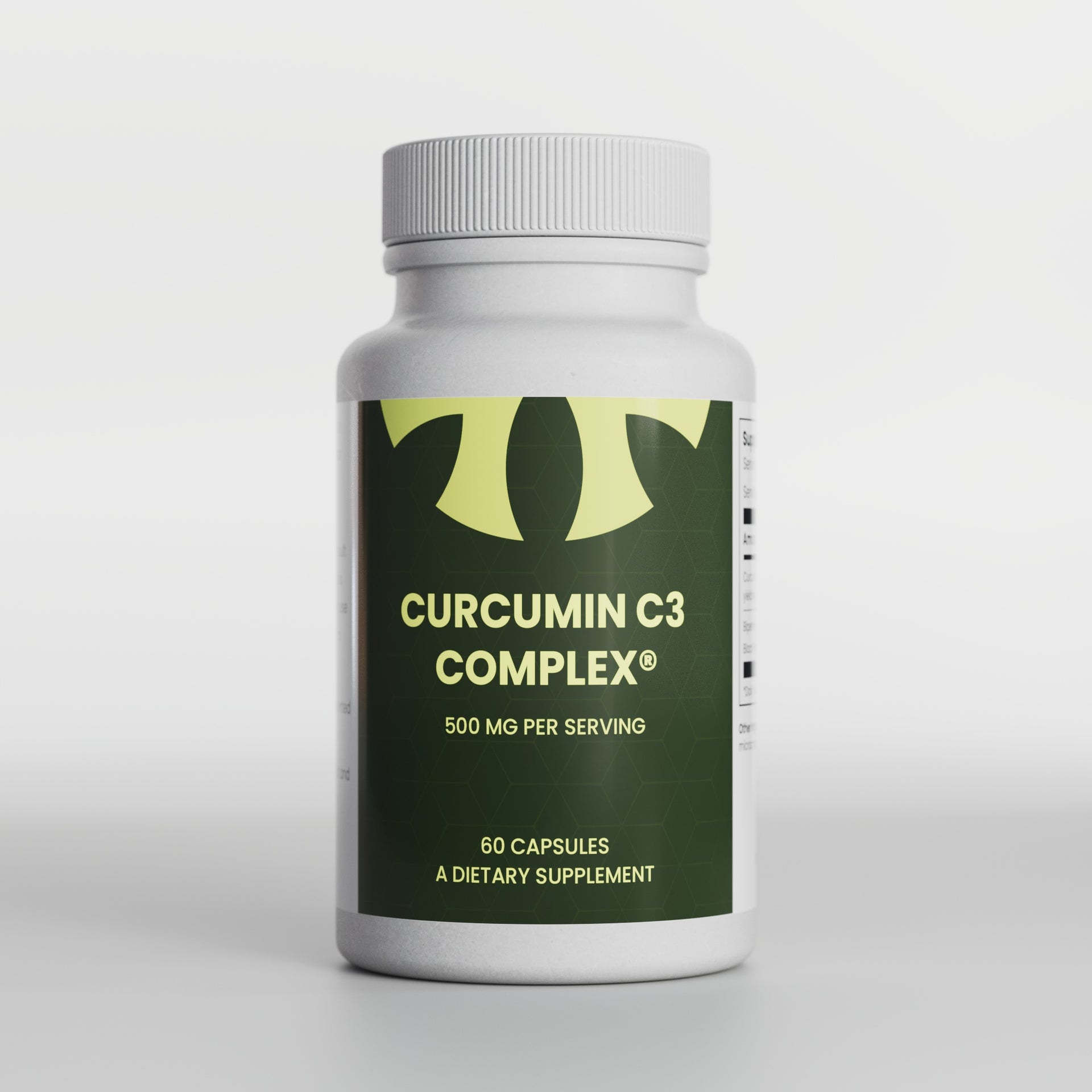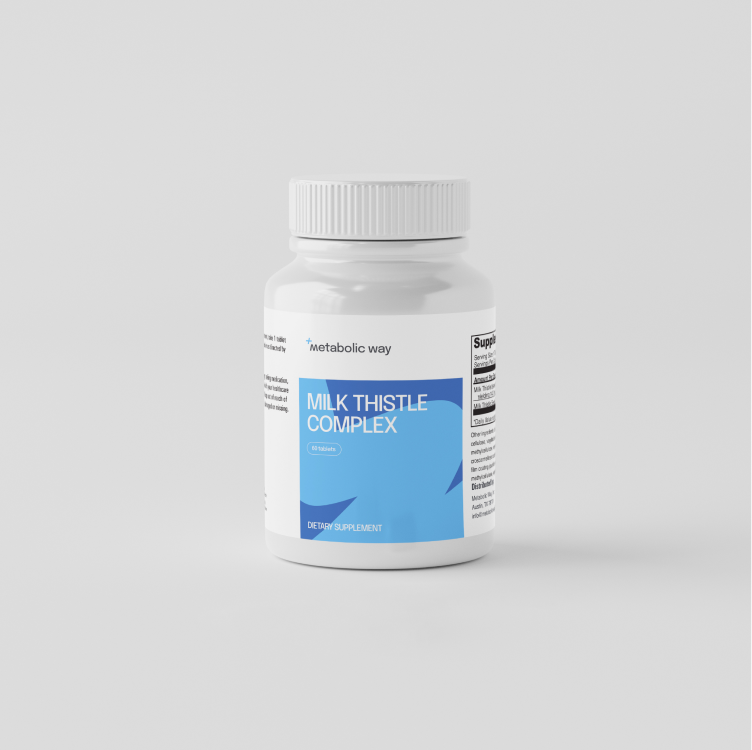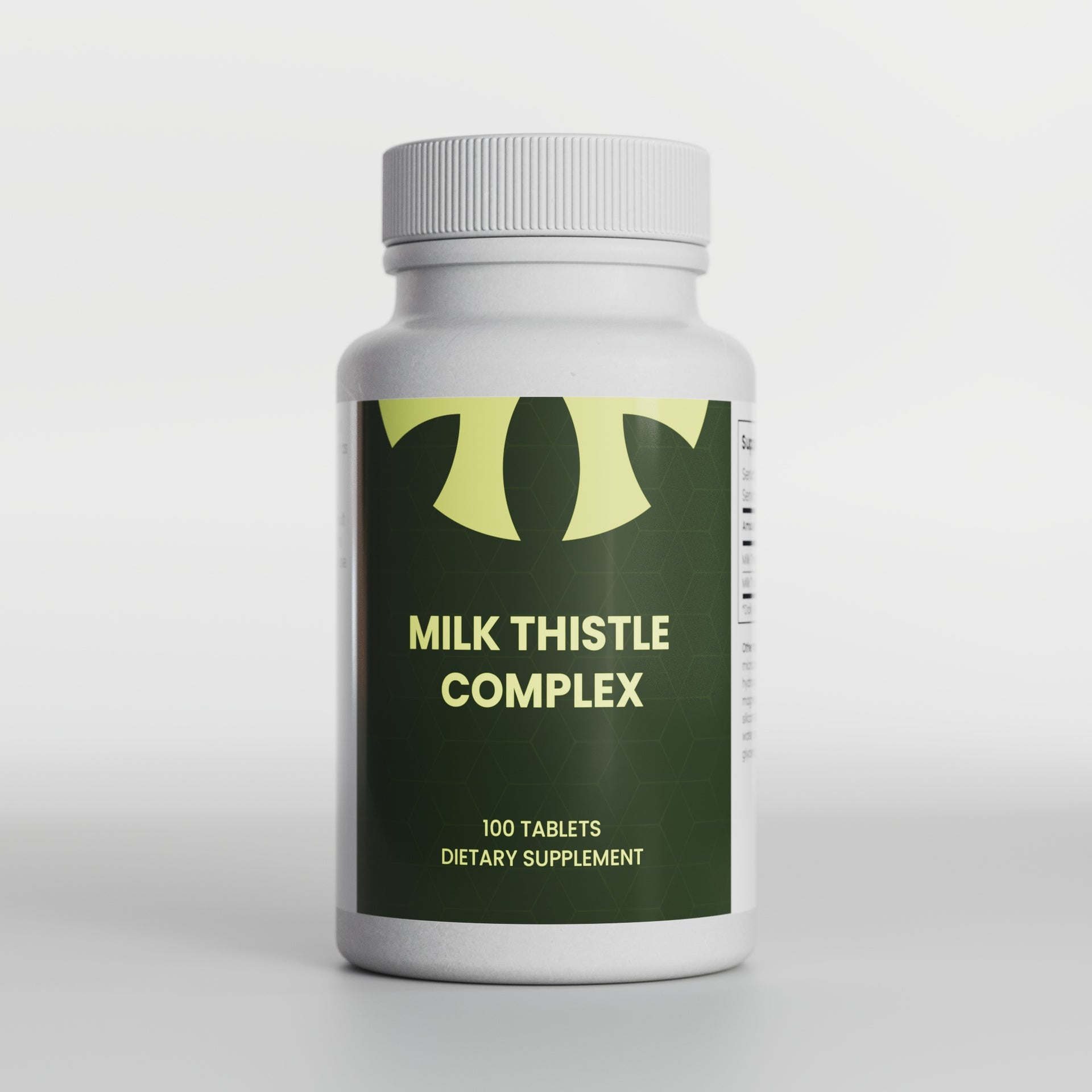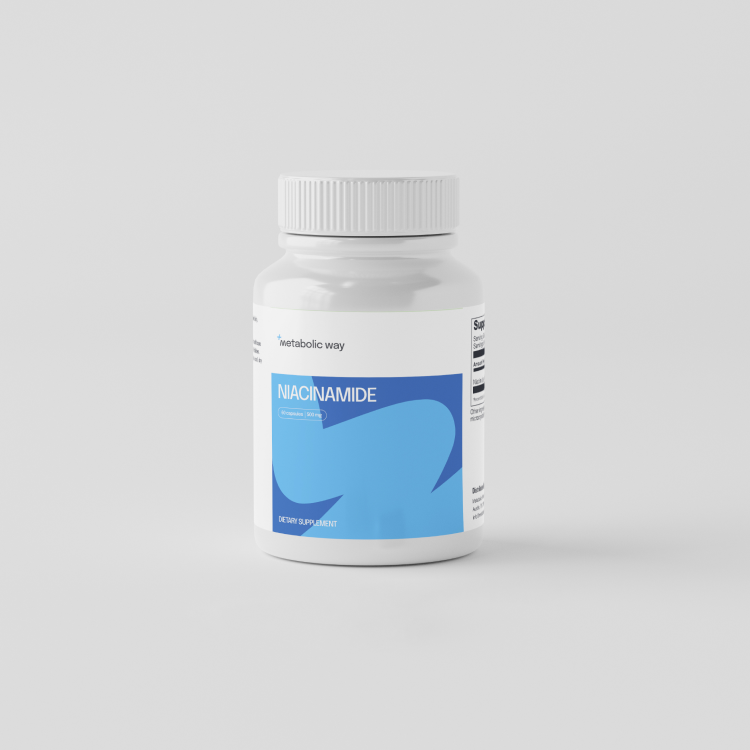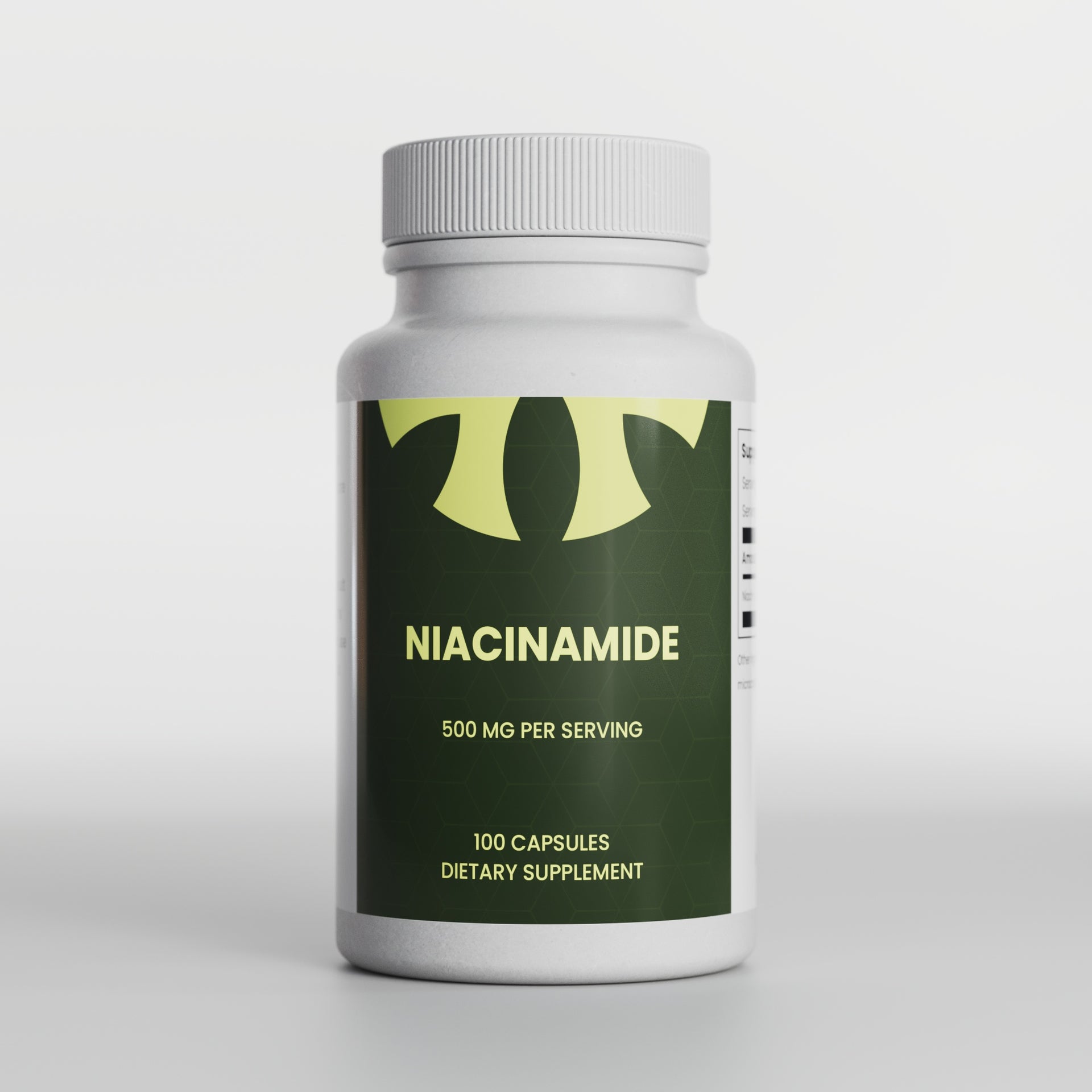Research Highlights:
Main Point 1: Micronutrient Deficiencies and DNA Damage
Main Point 2: Micronutrient Deficiencies and Heart Failure
Main Point 3: The Protective Power of Lutein in Prostate Cancer and Atherosclerosis
Additional Points: The Ongoing Issue of Government Inaction on Micronutrients
Scientifically Reviewed by: Dr. Gary Gonzalez, MD, in August 2023
Introduction:
In an age where medical advancements continually drive progress, it's crucial not to overlook the fundamental role of micronutrients in preventing diseases like cancer, heart failure, and more. This article delves into the latest research findings that highlight the profound impact of micronutrient deficiencies on our health. As we explore these discoveries, we'll uncover why understanding the significance of these micronutrients is paramount in the context of cancer research and overall well-being.
What You Need to Know:
Point 1: Micronutrient Deficiencies and DNA Damage Recent research, as highlighted by Dr. Bruce Ames, has revealed a startling connection between micronutrient deficiencies and DNA damage. Deficiencies in crucial micronutrients like folic acid, vitamins C, E, B6, B12, niacin, or zinc have been linked to DNA strand breaks, oxidative lesions, and an increased susceptibility to cancer. We'll delve into this groundbreaking research and its implications for cancer prevention and treatment.
Point 2: Micronutrient Deficiencies and Heart Failure Micronutrient deficiencies are not limited to cancer; they extend their reach to heart health. British doctors have identified deficiencies in selenium, calcium, and vitamin B1 as direct contributors to heart failure. Moreover, we'll explore how vitamins C, E, beta-carotene, B6, B12, folic acid, carnitine, and CoQ10 play essential roles in maintaining heart health. The impact of selenium deficiency on viral attacks in the heart muscle will also be discussed.
Point 3: The Protective Power of Lutein in Prostate Cancer and Atherosclerosis Beyond heart health, we'll uncover the protective power of lutein, a plant extract that has garnered attention for its role in safeguarding against prostate cancer and atherosclerosis. Recent studies indicate that lutein, when combined with lycopene, can significantly reduce prostate cancer cell growth. Additionally, lutein has shown promise in slowing the progression of early atherosclerosis, protecting against arterial damage, and inhibiting atherosclerotic lesion formation.
Point 4: The Ongoing Issue of Government Inaction on Micronutrients While scientific studies continue to underscore the importance of micronutrients, government agencies such as the FDA persist in suppressing this vital information. The FDA's censorship of health claims on dietary supplement labels remains a barrier to public awareness. We'll discuss how access to adequate micronutrients through supplementation could potentially alleviate healthcare burdens and extend healthy lifespans.
Section 1: Micronutrient Deficiencies and DNA Damage This section will delve into the scientific research conducted by Dr. Bruce Ames, highlighting the profound impact of micronutrient deficiencies on DNA damage and cancer susceptibility. Mechanisms behind this connection will be explored, emphasizing the significance of addressing micronutrient deficiencies.
Subsection 1.1: Implications for Cancer Prevention and Treatment We'll examine how addressing micronutrient deficiencies can be a cost-effective strategy for improving health and extending longevity. Insights from Dr. Ames' research will be discussed in more detail.
Section 2: Micronutrient Deficiencies and Heart Failure This section will focus on the link between micronutrient deficiencies and heart failure. The role of selenium, calcium, vitamin B1, and other micronutrients in maintaining heart health will be explored. Additionally, we'll discuss the protective effects of vitamins C, E, and beta-carotene on the arterial system.
Section 3: Lutein's Protective Role in Prostate Cancer and Atherosclerosis In this section, we'll delve into the research surrounding lutein's protective effects against prostate cancer and atherosclerosis. We'll explore the studies conducted at the UCLA Center for Human Nutrition and the University of Southern California, highlighting the synergistic benefits of lutein and lycopene against prostate cancer and its role in preventing atherosclerosis.
Section 4: The Need for Increased Awareness This section will discuss the ongoing challenge of government inaction in recognizing the importance of micronutrients. It will address the FDA's role in censoring health claims on dietary supplements and its potential impact on public health.
Summary:
In a world focused on technological advancements, it's crucial not to underestimate the role of micronutrients in disease prevention and overall health. This article has explored the significant impact of micronutrient deficiencies on DNA damage, heart failure, and the protective power of lutein against prostate cancer and atherosclerosis. Despite the scientific evidence, government inaction remains a barrier to raising awareness of the importance of micronutrients in promoting healthier and longer lives.
References:
- Ames BN. DNA damage from micronutrient deficiencies is likely to be a major cause of cancer. Mutation Research 2001 Apr 18;475(1-2):7-20.
- Witte KK, et al. Chronic heart failure and micronutrients. Journal of the American College of Cardiology, 2001 Jun 1;37(7):1765-74.
- Zhan S, Ho SC. Meta-analysis of the association of selenium with the risk of hepatocellular carcinoma. Asia Pac J Clin Nutr. 2016;25(1):160-171.
- Baum MK, et al. High risk of HIV-related mortality is associated with selenium deficiency. J Acquir Immune Defic Syndr Hum Retrovirol. 1997 Apr 15;15(5):370-374. 5. Guillin OM, et al. Selenium, selenoproteins and viral infection. Nutrients. 2019 Apr;11(9):2101.
- Broome CS, et al. An increase in selenium intake improves immune function and poliovirus handling in adults with marginal selenium status. Am J Clin Nutr. 2004 Jul;80(1):154-162.
- Beck MA, et al. Selenium deficiency increases the pathology of an influenza virus infection. FASEB J. 2001 Jun;15(8):1481-1483.
- Tang L, et al. Lutein enhances cisplatin-induced apoptosis via the tales of reactive oxygen species in human prostate cancer cells. J Cancer Res Clin Oncol. 2011 Oct;137(10):1565-1574.
- Dwyer JH, et al. Arterial wall thickness and dietary vitamin C and E intake. Ann Epidemiol. 2004 Feb;14(2):138-144.
- Medicare Trustees Report. (2021). Retrieved from
https://www.cms.gov/Research-Statistics-Data-and-Systems/Statistics-Trends-and-Repo rts/ReportsTrustFunds/Downloads/TR2021.pdf

